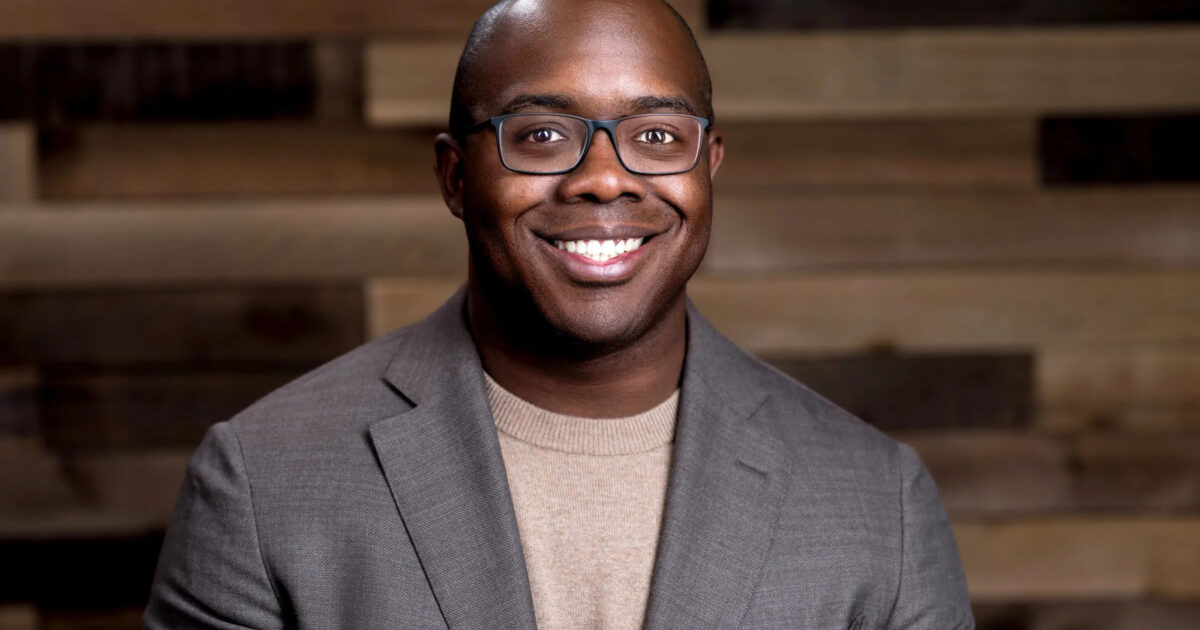
 Seminary Dropout
Seminary Dropout Esau McCaulley on How Far To The Promised Land
Rev. Esau McCaulley, PhD is an author and associate professor of New Testament at Wheaton College. His writing and speaking focus on New Testament theology, African-American Biblical interpretation, and Christian public theology.
His new memoir How Far to the Promised Land, questions the narrative of exceptionalism that he, and other Black survivors, are conditioned to give when they “make it” in America. His book Reading While Black: African American Biblical Interpretation as an Exercise in Hope won numerous awards, including Christianity Today’s Book of the Year.
Esau is a contributing opinion writer for the New York Times. His writings have also appeared in The Atlantic, Washington Post, and Christianity Today.
Find Esau McCaulley at esaumccaulley.com.
For much of his life, Esau McCaulley was taught to see himself as an exception: someone who, through hard work, faith, and determination, overcame childhood poverty, anti-Black racism, and an absent father to earn a job as a university professor and a life in the middle class.
But that narrative was called into question one night, when McCaulley answered the phone and learned that his father—whose absence defined his upbringing—died in a car crash. McCaulley was being asked to deliver his father’s eulogy, to make sense of his complicated legacy in a country that only accepts Black men on the condition that they are exceptional, hardworking, perfect.
The resulting effort sent McCaulley back through his family history, seeking to understand the community that shaped him. In these pages, we meet his great-grandmother Sophia, a tenant farmer born with the gift of prophecy who scraped together a life in Jim Crow Alabama; his mother, Laurie, who raised four kids alone in an era when single Black mothers were demonized as “welfare queens”; and a cast of family, friends, and neighbors who won small victories in a world built to swallow Black lives. With profound honesty and compassion, he raises questions that implicate us all: What does each person’s struggle to build a life teach us about what we owe each other? About what it means to be human?
How Far to the Promised Land is a thrilling and tender epic about being Black in America. It’s a book that questions our too-simple narratives about poverty and upward mobility; a book in which the people normally written out of the American Dream are given voice.
From the Publisher


